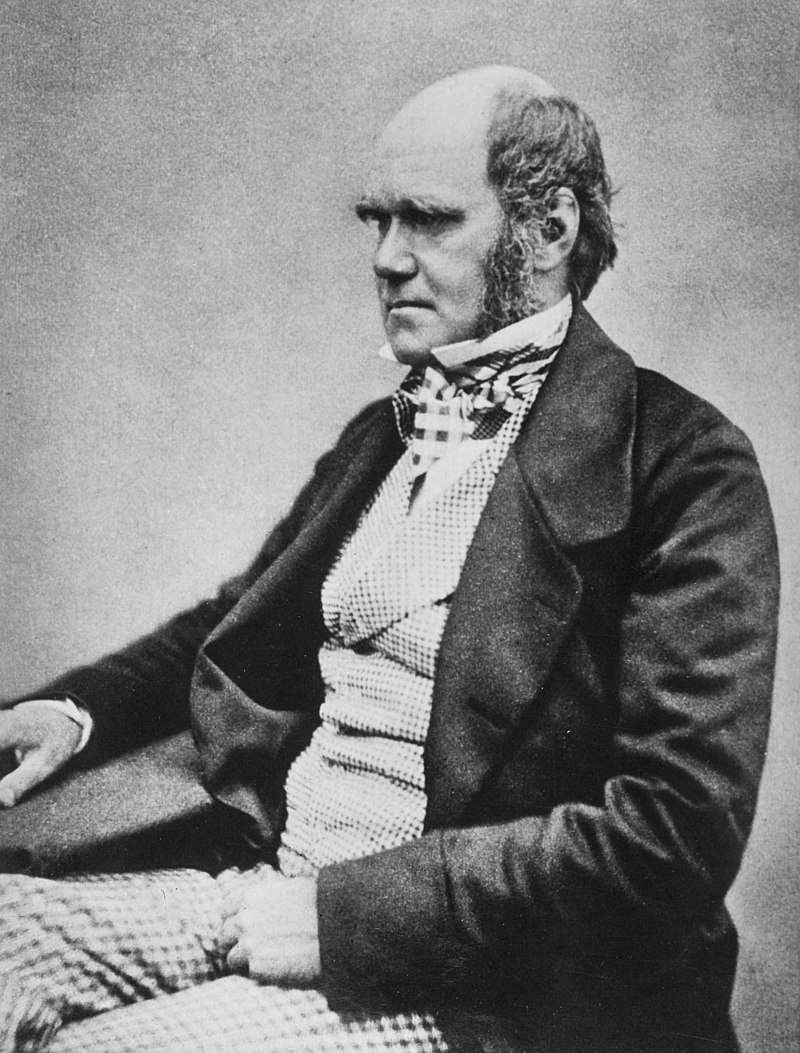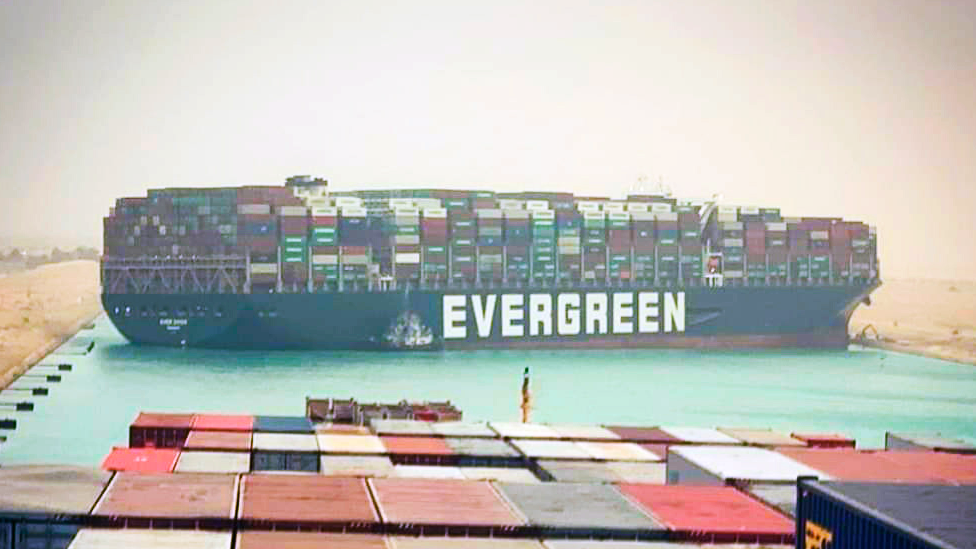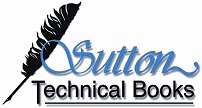The Net Zero Professional

When discussing Net Zero programs a question that people in the energy and process industries frequently ask is, “How will it affect my career? What do I need to do to stay employed?” Professionals in those industries are rightly concerned that their skills and experience will be uncalled for in a rapidly changing world, particularly in a world where oil companies have stated that they intend to leave the oil business.
The post A Kodak Moment for the Oil Companies explores some of the challenges that the oil companies face as they enter a Net Zero world. Many of the challenges that these companies face apply equally to the people who work for them. In neither case are there any easy answers.
In this post, we offer some initial thoughts on the topic of the ‘Net Zero Professional’. It must be stressed that none of us knows what the future holds, particularly when the physical environment is changing so rapidly and so drastically. We are proposing to make radical changes to the world’s economies and our basic industrial infrastructure within just three decades — the speed and scale of change is totally unprecedented. No one knows how these changes will affect the lives of professionals in the process industries. At best we can see just an outline.
The Net Zero Background
The oil and energy industries have always been subject to ups and downs. But what is going on now feels to be fundamentally different. In the Kodak Moment post just referred to we note that executives at major oil companies are proposing to move their companies out of the oil business. It is easy to be skeptical about how deep this commitment will be — after all, those executives have to show a profit to their shareholders on a quarterly basis. We similar, radical changes in other industries. For example, many car makers are rolling the dice by committing their companies to electric vehicles and the phasing out conventional gasoline and diesel vehicles. Executives in these companies are often criticized for having short-term thinking. But, they seem to realize that we cannot negotiate with the climate — change is coming, like it or not.
In the meantime employees and contract workers in the industry are not doing well. For example, a recent article in Forbes magazine contained the following quotations,
Among the integrated supermajors, ExxonMobil shares fell by 53% <during 2020>, Chevron shares were down 41%, and Royal Dutch Shell shares were down 55%. All three companies have announced layoffs, with Shell announcing it will lay off up to 9,000 people.
Among the pure oil and gas producers, ConocoPhillips shares are down 55% and EOG Resources shares have fallen 58%. Both companies have been scaling back activities, and layoffs may be next.
There are many reasons for the decline in oil company fortunes, the COVID-19 pandemic being one of them. There are also signs of long-term supply shortages in both the gas and coal markets. Nevertheless, events such as these seem not to be just part of the industry's usual “ups and downs”; 'Net Zero' changes are creating a fundamental shift in the way that business is organized. Therefore both the companies and the people who work for them will need to rethink their goals and actions if they are to survive and flourish in this brave new world.
Attributes

Some of the attributes of a ‘Net Zero Professional’ are likely to include the following:
- Adaptability
- Resilience
- Back to Basics
- Integral with Nature
- Systems Thinking
- Jack of All Trades
- Numeracy
- Liberal Arts
- Engineering Disciplines
- Safety
- Project Management
In this post we will look at just the first of these items: Adaptability.
Adaptability

The phrase ‘Survival of the Fittest’ is often used when talking about evolution. But Charles Darwin, the person who developed the modern concept of evolution, understood that successful species are those that are most adaptable to changes in their environment. In response to these changes new forms of life will develop, and most of them will die out. But those that best fit the new environment will survive and flourish. Evolution is not about survival of the fittest, it is to do with survival of the most adaptable.
This way of thinking can be applied to the manner in which individuals respond to changes in their work environment. Many people will refuse to adapt to the new conditions. Eventually they will be passed over by those who do try to adapt by developing new skills that fit the new work environment. Some of these people may find that they have chosen the wrong direction. But a few people will flourish and prosper — in effect, they will evolve to meet the new conditions. Three areas that may offer new opportunities are:
- A move from high-tech to medium-tech.
- A move away from efficiency toward resilience.
- The importance of maintenance rather than replacement.
High Tech to Medium-Tech
In recent years many of the most successful professionals have focused on the application of digital technology to industrial processes. Indeed, the very word ‘technology’ has come to mean ‘information technology’, as if no other form of technology exists. Technical developments in this area have been non-stop, and those who can implement this type of technology are likely to have been rewarded.
In a Net Zero world we may find that our overall reduction in fossil fuels means that there will be less energy available for all activities, including the building and operation of high-tech systems. Hence technical professionals who focus more lower levels of technology may find that their services are increasingly appreciated, whereas those who concentrate on advanced technology may find that they are somewhat out on a career limb.
Efficiency to Resilience

We are living in a Just-in-Time world of highly efficient, tightly managed supply chains. The mantra has been “Do more with less”, and employees who can help companies achieve that goal are rewarded. However, the COVID-19 pandemic and the subsequent energy and supply shortages have shown us that there are times when it makes sense to invest in resilience, even if there is an efficiency penalty to be paid.
In a Net Zero world it is probable that supply chains will continue to be unreliable due to on-going shorts and from the disruptions caused by limitations in the use of fossil fuels. In such a world, employees and professionals who can help maintain operations during times of disruption will contribute more than those who make systems more efficient.
Maintenance
We have grown accustomed to a world where, if something breaks, we simply replace it. It is taken for granted that a replacement part or component is available. It is also taken for granted, as we have seen, that effective supply chain management can be deliver the replacement item to us in a timely manner.
In a Net Zero world we may not be able to rely on the immediate replacement of equipment and equipment parts. Problems with supply chains, lack of resources and restrictions in fuel supplies are likely to create an environment where broken items will have to be repaired more frequently. Therefore, those professionals who are good at repairing systems and equipment items will find their skills to be valuable.
Copyright © Sutton Technical Books. All Rights Reserved. 2022.
